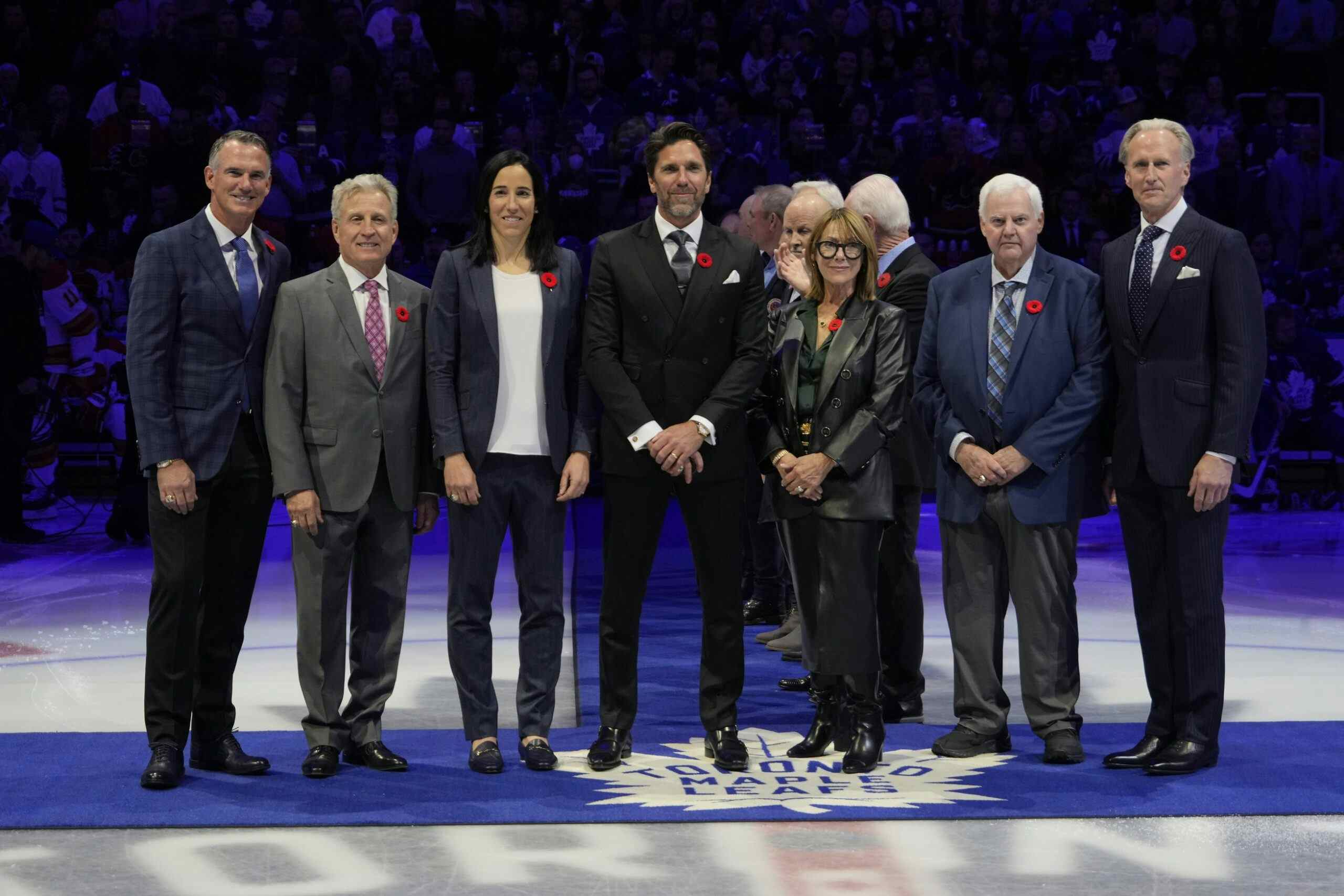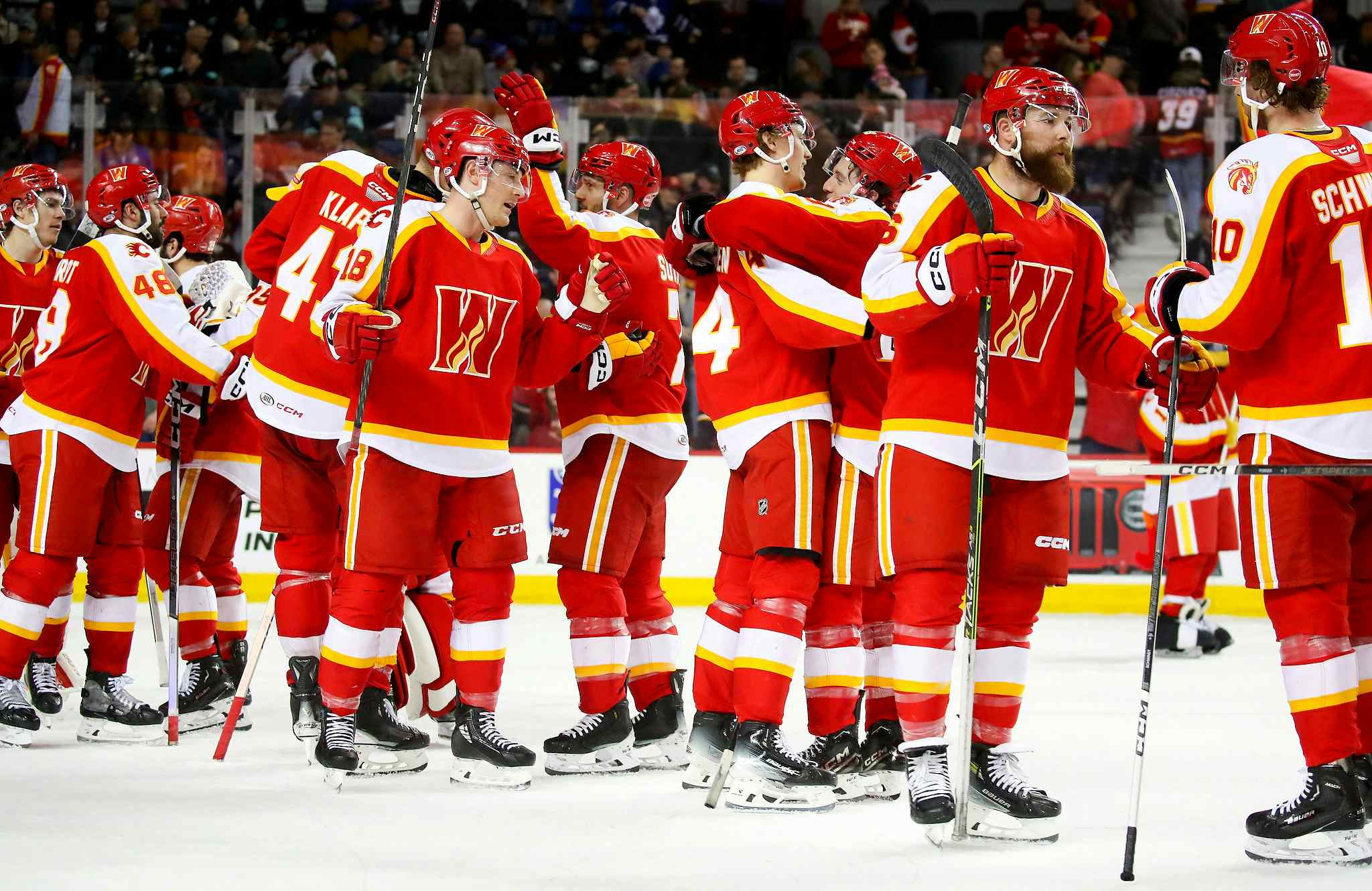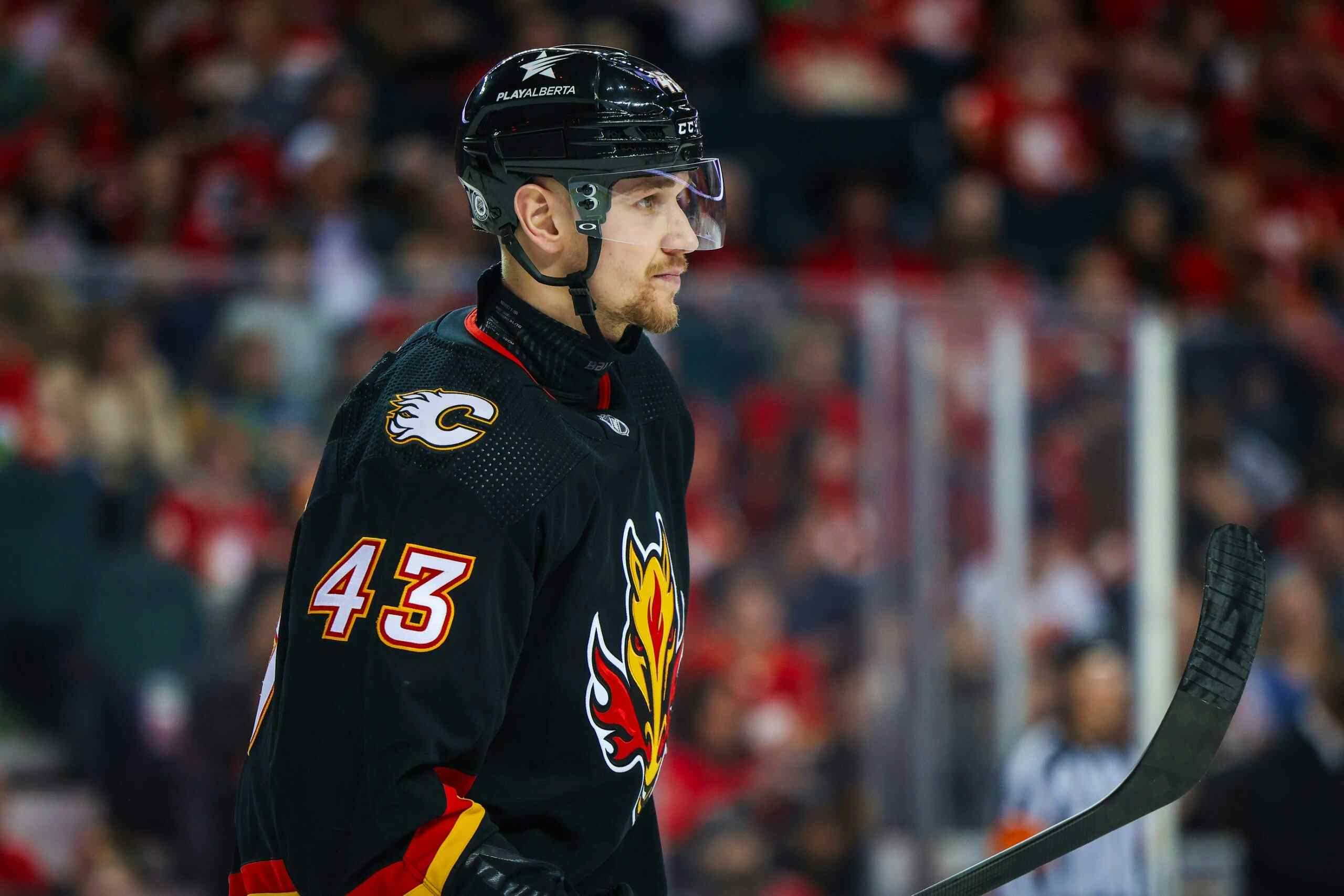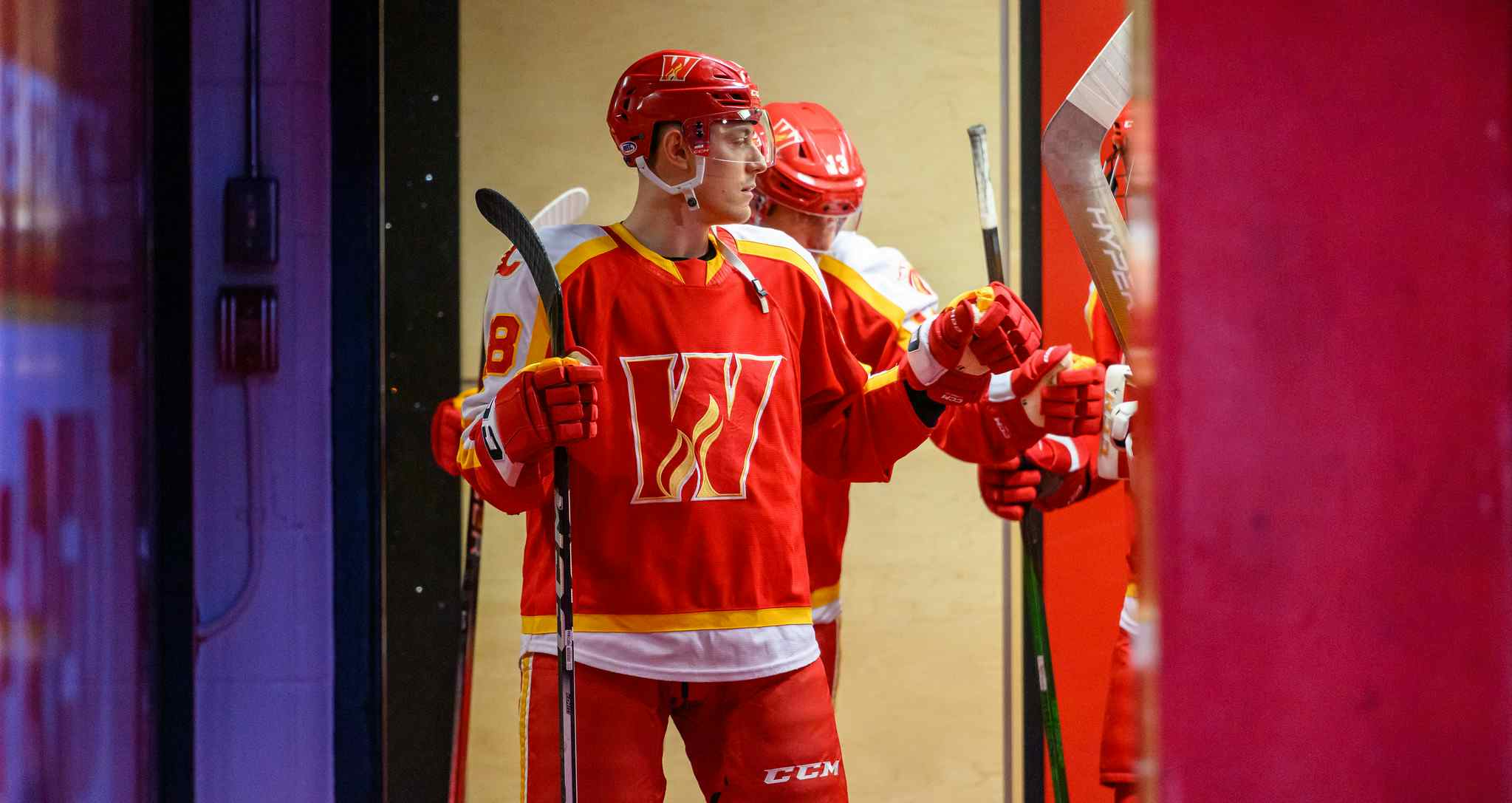Why an arena deal may come sooner than we think
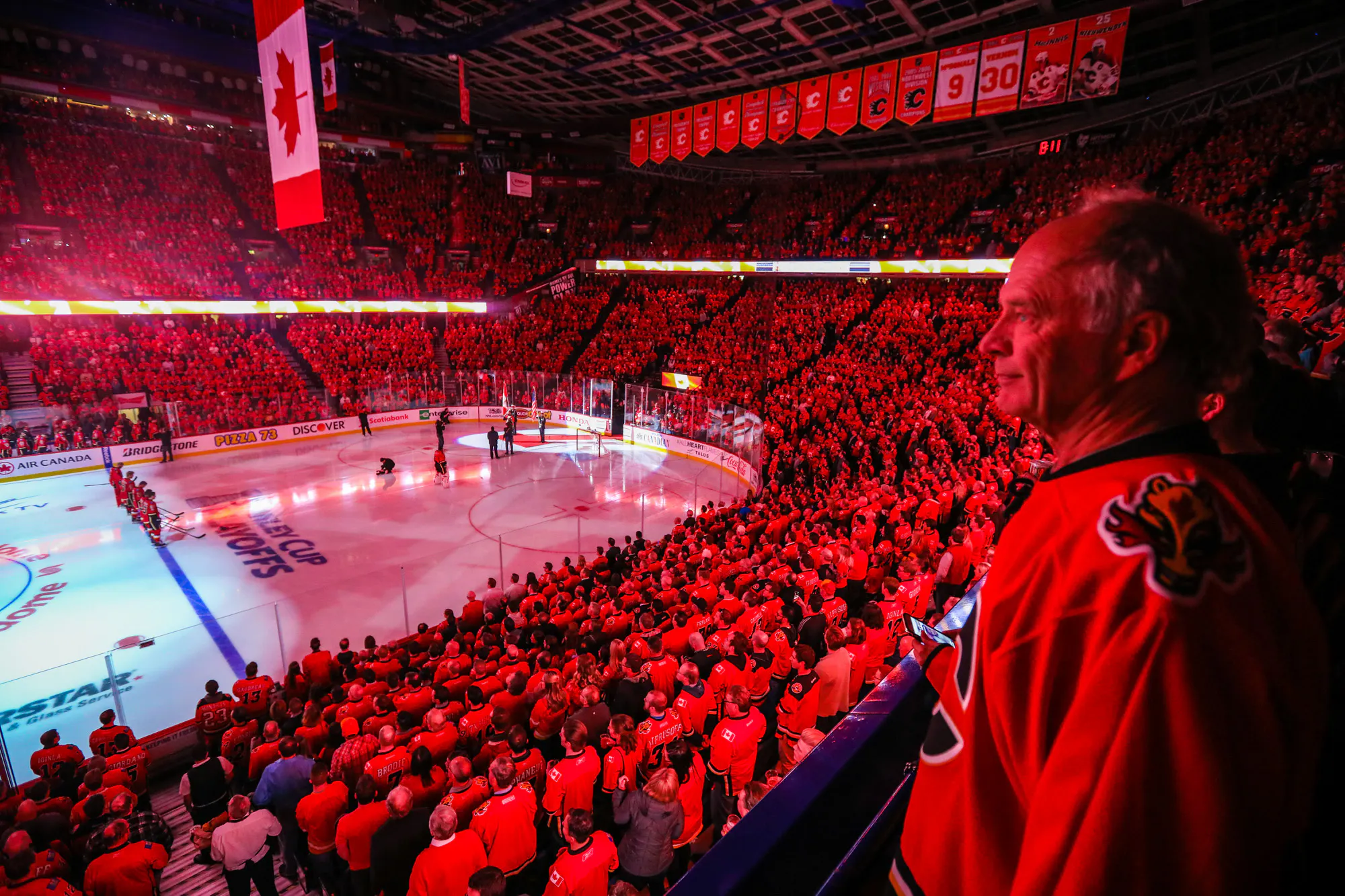
By Ryan Pike
6 years agoThe 2017 Calgary municipal election is now firmly in everybody’s rearview mirror. Despite some polling that made the race seem a bit closer than it ended up being, Naheed Nenshi was handily re-elected mayor, winning the post with a margin of 29,544 votes over the nearest runner-up, Bill Smith. Now the new council has reconvened and is beginning to set course for the municipal government’s direction for the next four years.
The very public dispute between Nenshi and the Calgary Flames over a plan for a new arena for the hockey club has led to some pessimism about whether an arena deal will be struck in the foreseeable future. Myself, I’m a bit more optimistic.
Let me explain my thought process here, folks.
The City’s perspective
Let’s begin with a very simple premise: city management and City Council both agree with the Flames organization that a new arena is probably necessary at this point. The sticking point between them and the Flames is the degree of public financial involvement in the project and whether there are any payback mechanisms or not. They’ve expressed a willingness to continue negotiating, and while the upcoming spring of deadlines for 2026 Olympic proposals probably does represent a minor pinch point, the existence of a new Flames building doesn’t necessarily act as a make or break for any Olympic bid.
That said, the repeated trumpeting of Smith and other candidates for lower offices that Mayor Nenshi doesn’t play well with others probably struck a nerve with his team. While he did repeatedly emphasize that he is who he is during the campaign, his election night speech included a pledge for everybody to work together to move the city forward.
Working with the Flames, a group whose representatives (Ken King) and proxies (Gary Bettman) criticized the mayor and questioned his commitment to having an NHL team in town, would do a lot to sell the public on his ability to let bygones be bygones and work together with those he doesn’t see eye to eye with.
In addition to allowing the mayor to rehabilitate his image, there’s a larger force at work here. You see, the City has a ton of big fish to fry over the next several months – fish that are big enough as to impact the entire city.
- There’s a $170 million hole in their budget (if they opt to maintain their tax freeze).
- There’s a $45 million hole in property tax system (they threw money at it to keep more businesses from shuttering) and fundamental, structural issues with having a tax system that relies on revenue from businesses in downtown Calgary that aren’t there anymore.
- They’re starting the consultative process to set the next four years of operating budgets.
- They’re starting initial work on the Green Line LRT expansion.
- They have to negotiate a new union agreement with City employees.
- They’re starting work on the western stretch of the Ring Road.
- They’re trying to fix the secondary suites approval process to make it less awful.
A lot of these things that they need to tackle are big and complex. The arena is, by comparison, small potatoes and doesn’t involve large-scale philosophical debates with other levels of government, or trying to fix large systemic issues. It’s just a matter of figuring out a few specific details. It’s something that Council can get out of the way, get a “win” under their belts, and then dive into the crazier stuff.
The Flames’ perspective
The local sports team has taken an absolute beating in the public opinion sphere over basically the entirety of the arena saga. CalgaryNEXT seemed wildly expensive, a bit out of scale for what the West Village could actually contain, and the financing scheme untenable, but at least they were trying.
They didn’t come across well at all during their battles with Nenshi, likely giving the incumbent mayor a bit of a boost in his reelection campaign – rather than seeming like an artsy-fartsy mayor that didn’t value the sporting community, as was probably intended to be the perception, he was instead seen as a guardian of public dollars. The Flames doubled-down by having King and Bettman engage in bouts of brinksmanship that backfired. As a result, public opinion of the team is probably lower than it has been in several years.
Nevertheless, the same financial issues that led the Flames to want a new home – the Saddledome is old, antiquated and increasingly expensive to maintain – likely persist. Not only would coming to terms on an arena deal in the near future help rehabilitate the Flames’ public image, as they’d likely need to meet the City somewhere in the middle, but they’d also hasten the team’s move to a better building.
Oh, and the election donation disclosures are published in mid-April. Unless the Flames want another round of handle-wringing and teeth-gnashing about their involvement in the election campaign and making the arena an election issue – and this round would come during the first round of the Stanley Cup playoffs – it’s in their best interests to put this saga to rest.
An optimistic view
If you want to criticize my viewpoint, it’s likely that it’s too optimistic. Based on the amount of bad blood we saw during the election campaign, it’s possible that both sides dig in even deeper than before.
But remember another thing: the Flames and the City are just as sick of hearing about this as we are. The Flames want to focus on their on-ice performance and their philanthropic work. The City has a ton of other things to deal with. Everybody wants the arena saga to be over with.
I wouldn’t be shocked if it is sooner than you think.
Recent articles from Ryan Pike

